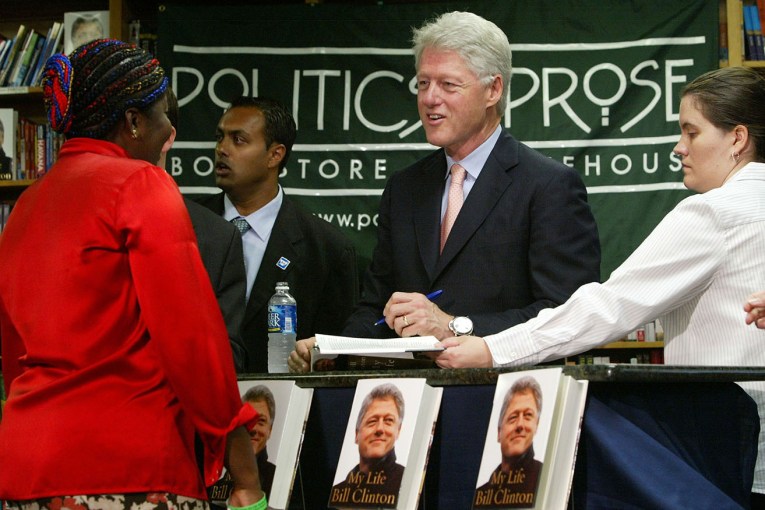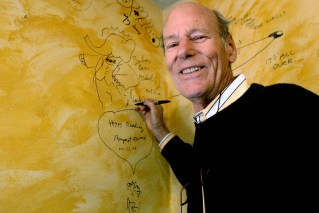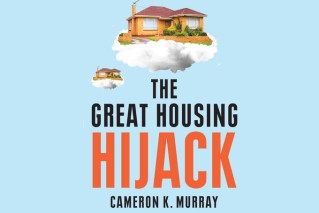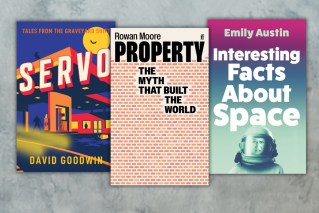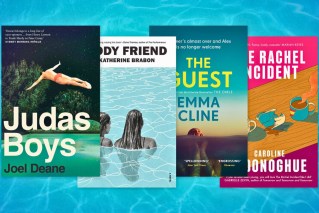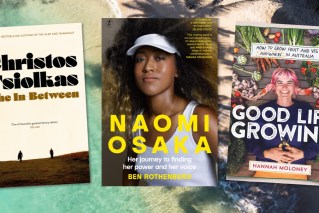Novel of grief and trauma wins 2021 Miles Franklin
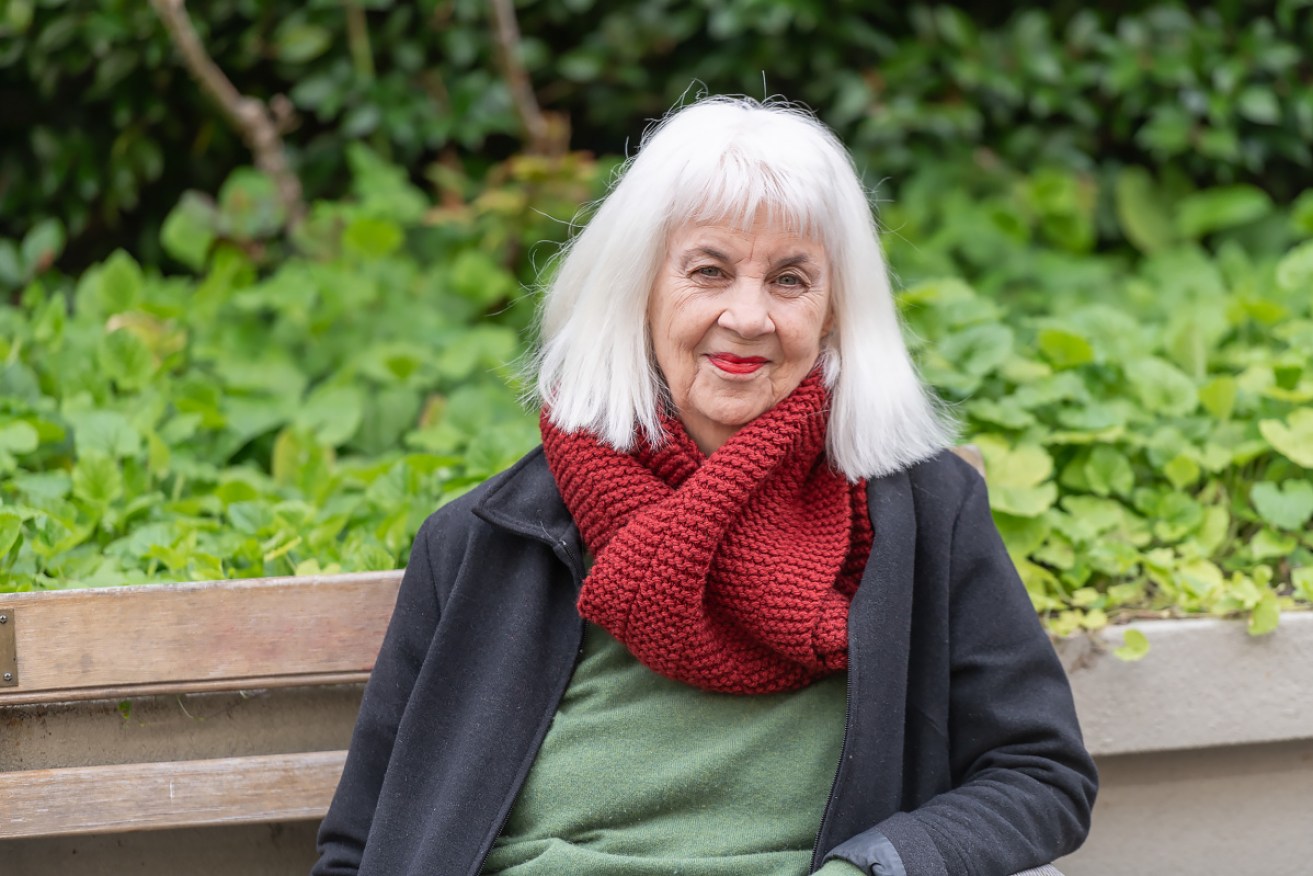
Amanda Lohrey's novel The Labyrinth has been named winner of the Miles Franklin Literary Award. Photo: AAP
A novel that explores a mother’s steps to support her incarcerated son while attempting to make sense of his horrific crime has taken out Australia’s pre-eminent literary prize.
Tasmanian author Amanda Lohrey was named winner of the 2021 Miles Franklin Literary Award for her seventh novel, The Labyrinth, late on Thursday.
Lohrey beat Booker Prize-winner Aravind Adiga (Amnesty), Robbie Arnott (The Rain Heron), Daniel Davis Wood (At the Edge of the Solid World), Andrew Pippos (Lucky’s) and Madeleine Watts (The Inland Sea) to win the $60,000 prize.
Chair of the five-person judging panel and Mitchell Librarian at the State Library of NSW, Richard Neville, said that Lohrey’s “elegiac” novel was “soaked in sadness”.
“It is a beautifully written reflection on the conflicts between parents and children, men and women, and the value and purpose of creative work,” he said.
Lohrey said her book, while dealing with trauma, was not depressing.
“It does deal with a woman who builds a labyrinth and involves a number of other people in helping her to do it,” she told the ABC on Friday.
“It is a collaborative effort in which a group of rather damaged individuals get together to redeem themselves by making something and the novel is, in fact, about the therapeutic power of making something – building something – working with your hands.”
She said it was an honour to be associated with the remarkable Stella Miles Franklin, one of the great Australian mavericks”.
“Awards like the Miles Franklin are so valuable because in attracting public attention they help Australian literature to flourish, and to compete with imported books,” she said.
“Australian literature is not an add-on, a mere diversion, a sideshow to the main game. It sits at the heart of our national culture.”
Tweet from @_milesfranklin
The award, an annual prize for a novel of “the highest literary merit” that presents “Australian life in any of its phases”, was established in 1957 further to the will of writer Stella Miles Franklin (My Brilliant Career).
Past winners include Thea Astley, Peter Carey, Michelle de Kretser, Elizabeth Jolley, Patrick White and Tim Winton.
The Labyrinth is narrated by its protagonist, Erica Marsden. Her artist son has been jailed for homicidal negligence after setting fire to his studio and causing the death of five neighbours in what was described as “a monstrous act of egotism” by a judge who presided over his subsequent trial.
Relocating to a small coastal community not far from the steel and concrete complex in which her violent, seemingly unfathomable son is being held, Erica recalls the words of her late father: “The cure for many ills is to build something”.
Reckoning with her own past while making timid inroads with her new neighbours, Erica feels the urge to construct a labyrinth – the idea of which has long bewitched her – next to the beach shack she has bought.
The novel, which deals with intergenerational trauma, the burden of grief and the use and misuse of art, is a case of third-time-lucky for Lohrey, a the novelist, short-story writer and essayist. She was shortlisted for Camille’s Bread in 1996 and longlisted for The Philosopher’s Doll in 2005.
“I know people won’t believe this but writers never think about awards,” she said.
“When you are working on it you don’t know if you will get to finish it, if it will work out. The last thing you think about is something two or three years down the track like an award.
“By the time the award comes around, you are well into your next book, which doesn’t mean that you are not thrilled to be noticed, of course you are.”
Camille’s Bread also won the 1996 Australian Literature Society Gold Medal and the 1996 Victorian Premier’s Literary Award Vance Palmer Prize for Fiction.
Lohrey’s short-story collection Reading Madame Bovary picked up two gongs at the Queensland Premier’s Literary Awards in 2011.
In 2012, she was named recipient of the Patrick White Literary Award, which confers the annual prize on a writer who has produced a significant body of work but whose contribution to Australian letters may not have been sufficiently recognised.
- Lifeline 131 114
- beyondblue 1300 22 4636
